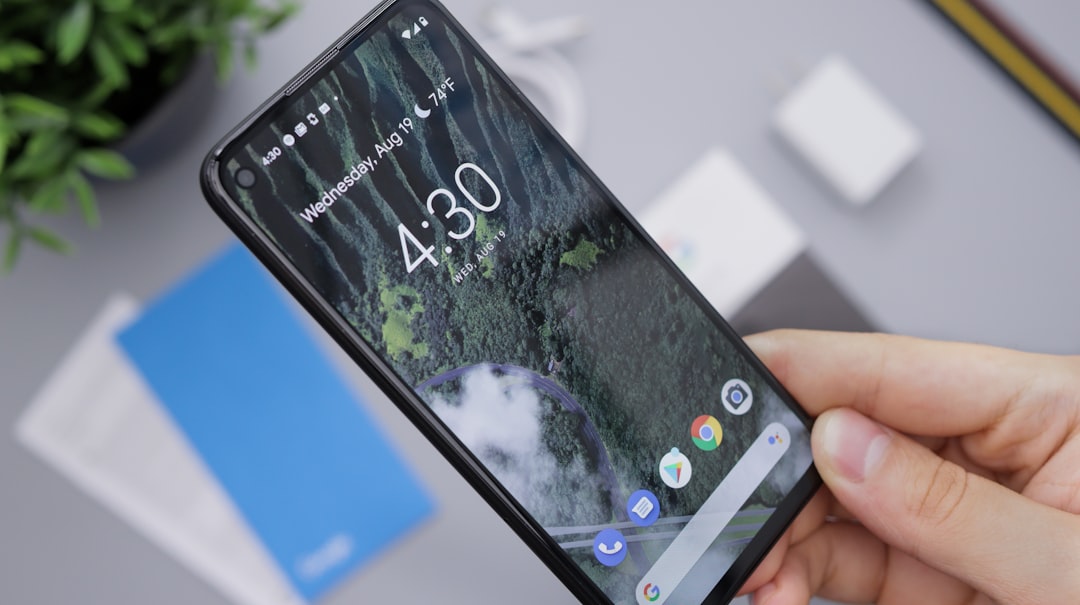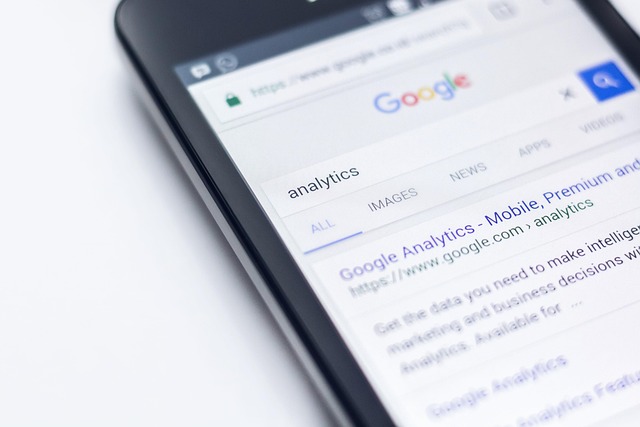Los Angeles event organizers face stringent TCPA compliance requirements to avoid spam call law firm penalties. Marketers must obtain explicit attendee consent via opt-in methods, provide clear data usage and unsubscribe options, segment audiences, and stay updated on TCPA guidelines to prevent legal issues related to automated calls or texts sent without permission.
“Los Angeles’ vibrant event scene thrives on innovation, but navigating legalities is crucial. The Telephone Consumer Protection Act (TCPA) has significantly impacted event marketing strategies across the nation, including LA’s bustling industry. This article delves into the intricate world of TCPA compliance within the context of event marketing. We explore Los Angeles’ stringent spam call laws, offering valuable insights for planners to stay compliant while fostering meaningful relationships. From understanding consumer rights to avoiding common mistakes, this guide is your roadmap to successful and legal event promotion.”
Understanding TCPA: Los Angeles' Spam Call Laws

In the vibrant event marketing scene of Los Angeles, understanding and adhering to local regulations is paramount. The Telephone Consumer Protection Act (TCPA) plays a pivotal role in this context, particularly when it comes to protecting residents from spam calls. As one of the strictest jurisdictions in the country, Los Angeles’ spam call laws under TCPA mandate that businesses obtain explicit consent before making automated phone calls for marketing purposes. This means event organizers and marketers must be diligent in their practices to avoid running afoul of these regulations.
Spam call law firms in Los Angeles are increasingly engaged to guide businesses through this complex landscape. They ensure compliance by helping companies implement robust opt-out mechanisms, documenting consent processes, and providing legal advice tailored to the specific requirements of event marketing. By prioritizing consumer privacy and opting for lawful marketing strategies, event organizers can foster a positive relationship with their target audience while avoiding potential fines and reputational damage associated with TCPA violations.
Event Marketing Strategies: Staying Compliant in LA

In Los Angeles, event marketers must navigate a unique landscape where consumer privacy and protection are paramount. The strict regulations enforced by the Telephone Consumer Protection Act (TCPA) significantly impact how businesses conduct marketing campaigns in the city. Marketers must be vigilant to ensure their event promotions do not cross into the realm of spam call law firms Los Angeles.
One effective strategy is to prioritize obtaining explicit consent from attendees. This involves using opt-in methods for sign-ups, clearly communicating data usage, and providing an easy way to unsubscribe. Additionally, segmenting audiences based on interests and preferences can help tailor marketing efforts, ensuring relevant messaging without infringing on privacy. Marketers should also stay updated on TCPA guidelines to avoid common pitfalls like automated calls or text messages sent without prior permission, which could lead to legal repercussions.
Common Mistakes to Avoid During Events

When planning events in Los Angeles, event organizers often fall into pitfalls that can be detrimental to their marketing efforts and even lead to legal issues. One such concern is misstepping within the realm of the Telephone Consumer Protection Act (TCPA). This federal law restricts unsolicited phone calls, including those from call law firms, and non-compliance can result in hefty fines. A common mistake is failing to obtain proper consent for telemarketing activities during events, leading to potential legal repercussions and damaging brand reputation.
Another blunder is neglecting to provide attendees with an opt-out mechanism, which is a direct violation of TCPA guidelines. Event marketers should also steer clear of pre-recorded messages or automated calls without clear identification, as this can confuse participants and infringe upon their privacy. Additionally, ensure that event staff are well-trained to avoid making spam call law firms’ mistakes, such as repeatedly calling numbers on the Do Not Call list or using aggressive sales tactics.
Building Relationships: Legal Aspects for Event Planners

Event planners in Los Angeles play a vital role in fostering connections and creating memorable experiences. However, navigating the legal landscape surrounding marketing and communication strategies is essential to avoid potential pitfalls. One crucial aspect is understanding the Telephone Consumer Protection Act (TCPA) and its implications for event-based promotions. This federal law, enforced by the Federal Communications Commission (FCC), restricts unsolicited phone calls and texts, often referred to as ‘spam,’ to consumers.
For event planners, this means ensuring that any marketing efforts involving telephone or text communications are done with explicit consent. Building lasting relationships with attendees requires a balanced approach: utilizing promotional techniques while adhering to the TCPA to avoid legal repercussions from spam call law firms in Los Angeles. Effective strategies include obtaining opt-in agreements and providing clear options for individuals to unsubscribe, fostering a positive experience that respects consumer rights.
The Future of Event Marketing Post-TCPA

The Telco Consumer Protection Act (TCPA) has significantly reshaped event marketing strategies, especially in bustling cities like Los Angeles where spam call law firms are numerous. As the law continues to evolve, so too will approaches to engaging audiences at live events. Marketers must now prioritize consent and opt-in mechanisms, ensuring attendees actively agree to receive communications. This shift fosters a more authentic connection with customers, builds trust, and reduces the risk of TCPA violations.
Looking ahead, event marketers in Los Angeles can leverage technology to enhance data collection practices while adhering to stringent privacy regulations. Personalized experiences, powered by consumer consent, will become the norm. Interactive digital platforms, for instance, allow attendees to choose their interests and receive tailored content, minimizing unnecessary contact. This evolution ensures that event marketing remains dynamic, engaging, and compliant with post-TCPA standards.






